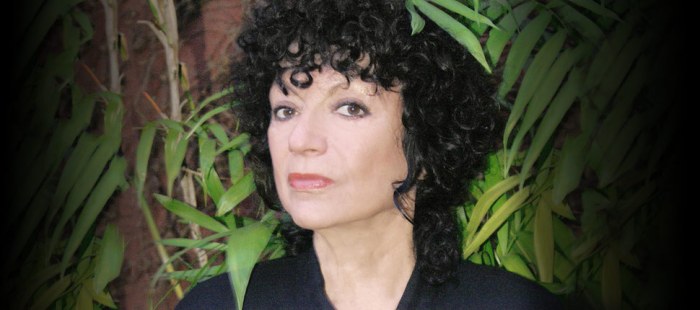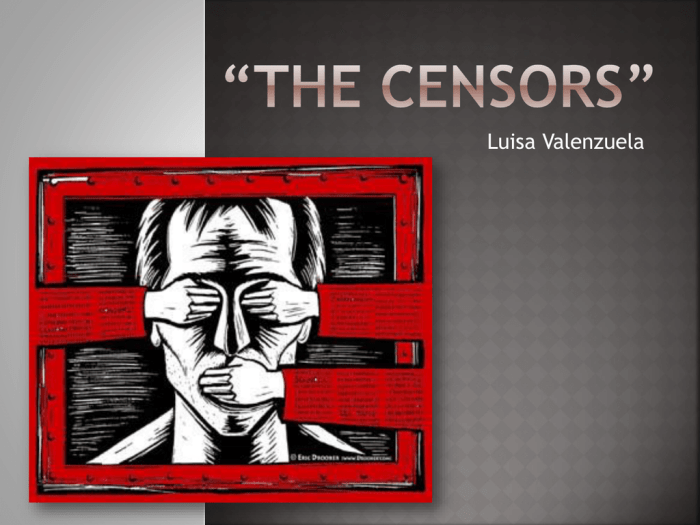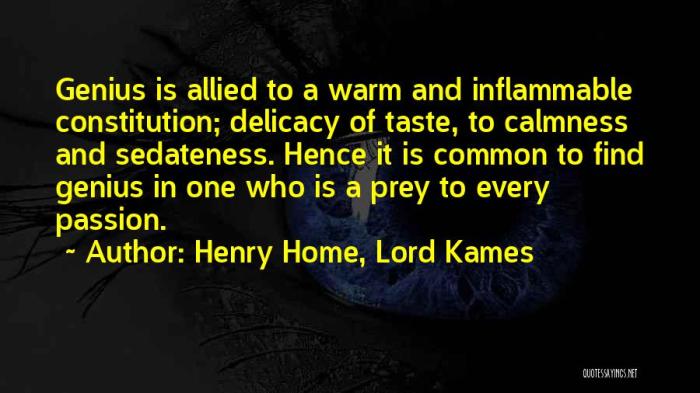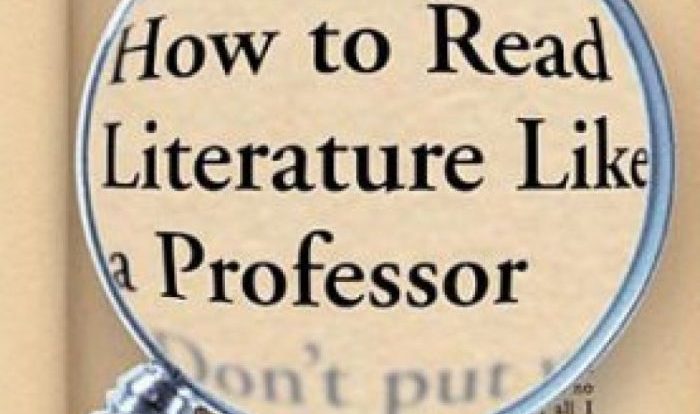Los censores luisa valenzuela english – Los Censores, a novel by Luisa Valenzuela, stands as a powerful critique of censorship and oppression. Set against a backdrop of political and social turmoil, the novel explores the devastating impact of censorship on individuals and society.
Valenzuela’s unique narrative style and experimental techniques create a sense of alienation and disorientation, mirroring the psychological effects of censorship.
1. Literary Overview of “Los Censores” by Luisa Valenzuela

Luisa Valenzuela’s “Los Censores” is a dystopian novel that explores the corrosive effects of censorship and oppression on individuals and society. Set in an unnamed Latin American country, the novel follows the experiences of a young woman named Alejandra as she navigates a world where the government has absolute control over all forms of expression.
Valenzuela’s novel is a powerful indictment of the dangers of censorship, demonstrating how it can stifle creativity, silence dissent, and destroy the human spirit. Through Alejandra’s journey, Valenzuela exposes the insidious ways in which censorship can seep into all aspects of life, from the personal to the political.
Historical and Social Context
“Los Censores” was written in the 1980s, during a period of widespread political repression in Latin America. The novel reflects the experiences of many Latin American writers who were forced to live under authoritarian regimes that suppressed freedom of speech and expression.
Valenzuela’s novel draws on the historical and social context of her time to create a chillingly realistic portrayal of a society where censorship has become the norm. The novel’s exploration of the psychological and emotional effects of censorship remains relevant today, as censorship continues to be a threat to freedom and democracy around the world.
Narrative Style and Experimental Techniques
Valenzuela employs a unique narrative style in “Los Censors” that mirrors the fragmented and disorienting experience of living under censorship. The novel is structured as a series of short, disjointed vignettes that jump back and forth in time, creating a sense of chaos and uncertainty.
Valenzuela also uses experimental techniques, such as stream-of-consciousness narration and fragmented language, to convey the psychological effects of censorship. The novel’s fragmented structure and disjointed language reflect the ways in which censorship can shatter one’s sense of self and reality.
2. Luisa Valenzuela’s Critique of Censorship and Oppression

Depiction of Censorship
In “Los Censors,” Valenzuela portrays censorship as a pervasive force that infiltrates all aspects of life. The government controls not only the media and the arts, but also private conversations, personal relationships, and even people’s thoughts.
Valenzuela shows how censorship can be used to silence dissent, control the population, and maintain the status quo. Through Alejandra’s experiences, she exposes the devastating impact of censorship on individuals, families, and communities.
Forms of Censorship
Valenzuela explores different forms of censorship in the novel, including political, social, and cultural censorship. Political censorship is the suppression of ideas or information that threaten the government’s authority. Social censorship is the suppression of ideas or behaviors that are deemed unacceptable by society.
Cultural censorship is the suppression of cultural expressions that are considered to be offensive or harmful. Valenzuela shows how these different forms of censorship work together to create a suffocating atmosphere of repression.
Impact of Censorship
Valenzuela’s novel demonstrates the devastating impact of censorship on individuals and society. Censorship can lead to self-censorship, fear, and a loss of creativity. It can also destroy trust, undermine relationships, and make it difficult for people to live authentic lives.
Valenzuela’s novel is a powerful reminder of the importance of freedom of expression. She shows how censorship can stifle creativity, silence dissent, and destroy the human spirit.
3. Gender and Identity in “Los Censors”: Los Censores Luisa Valenzuela English

Representation of Gender, Los censores luisa valenzuela english
“Los Censors” features a diverse cast of female characters who challenge traditional gender roles and stereotypes. Alejandra, the protagonist, is a strong and independent woman who refuses to be silenced by the government’s censorship.
Valenzuela also portrays other female characters who defy societal expectations. There are women who are artists, intellectuals, and political activists. These characters show that women are capable of achieving great things, regardless of the limitations that society places on them.
Fluidity and Complexity of Gender Identity
Valenzuela explores the fluidity and complexity of gender identity in the novel. She shows that gender is not a binary, but rather a spectrum. The characters in the novel defy easy categorization, and their gender identities are constantly evolving.
Valenzuela’s novel challenges the traditional view of gender and shows that gender is a complex and multifaceted phenomenon.
Challenge to Gender Roles and Stereotypes
Valenzuela’s novel challenges traditional gender roles and stereotypes. She shows that women are not inherently weak or passive, and that they are capable of achieving great things. The novel also challenges the idea that men are always strong and dominant.
Valenzuela’s novel is a celebration of diversity and a reminder that gender is a fluid and complex phenomenon.
Detailed FAQs
What is the main theme of Los Censores?
The main theme of Los Censors is the critique of censorship and oppression, particularly focusing on its impact on individuals and society.
How does Valenzuela depict censorship in the novel?
Valenzuela depicts censorship in various forms, including political, social, and cultural, showcasing its pervasive and insidious nature.
What is the significance of language in Los Censors?
Language plays a crucial role in the novel, creating a sense of alienation and disorientation, and exploring the relationship between language, power, and control.

